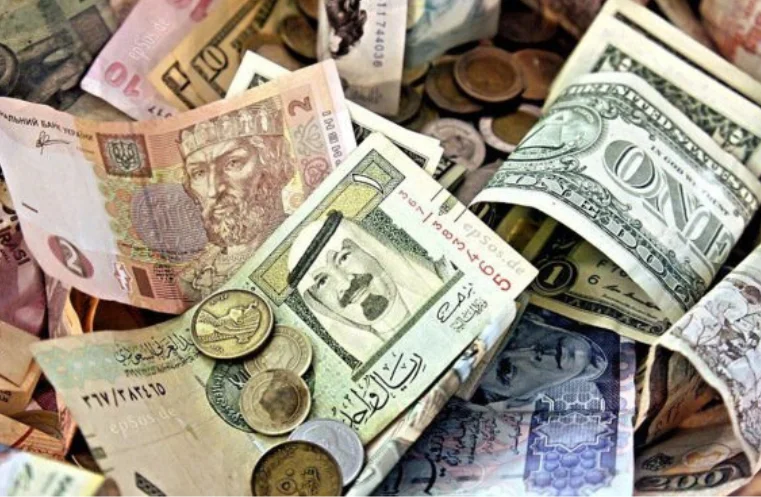Islamabad, Jan 31: Pakistan’s total foreign exchange reserves declined to $16.05 billion for the week ending January 24, 2025, according to data from the State Bank of Pakistan (SBP). This marks a $76 million decrease in the central bank’s holdings, bringing its reserves down to $11.37 billion. Meanwhile, commercial banks’ net foreign reserves remained at $4.67 billion.
The SBP attributed the decline to external debt repayments, a recurring issue as Pakistan continues to struggle with financial obligations. The previous week, on January 17, 2025, the total reserves were slightly higher at $16.18 billion, with the SBP holding $11.44 billion. However, reserves dropped by $276 million due to similar debt repayments, reflecting a consistent downward trend.
Challenges Ahead for Pakistan’s Economy
State Bank Governor Jameel Ahmed recently warned that Pakistan’s foreign exchange reserves remain among the lowest in the region when measured against import requirements. Speaking before the Senate Standing Committee on Finance, Ahmed cautioned that inflation is expected to rise in the final quarter of the current fiscal year and the first quarter of the next one.
Read More:
FBR Set to Miss January Tax Collection Target, Raising Concerns Over Revenue Shortfall
Pakistan is also facing $4.5 billion in external debt repayments by July 2025, adding pressure on policymakers to secure additional funding. Despite these challenges, the current account showed a surplus in November 2024, marking the first positive balance in two decades. Furthermore, a UAE safe deposit is expected to be cleared on time this month, providing some relief to the country’s financial outlook.
The Road Ahead
The ongoing decline in reserves highlights the need for strong economic reforms, foreign investments, and trade expansion to stabilize Pakistan’s financial position. Experts suggest that securing bilateral and multilateral loans, improving exports, and increasing remittances could help prevent further depletion of foreign reserves.
As Pakistan navigates these economic hurdles, all eyes remain on how the government and central bank tackle inflation, debt management, and forex stability in the coming months.









